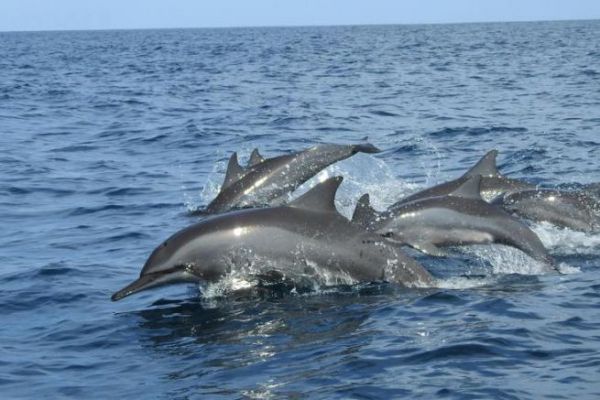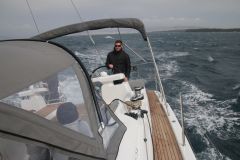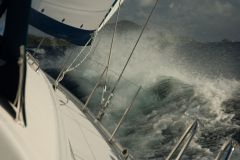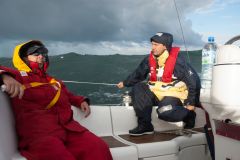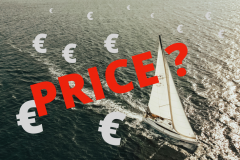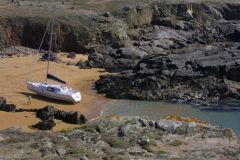Emotion etched in foam
Who hasn't been moved by the appearance of a dolphin leaping across the bow, or impressed by the quiet power of an orca gliding beneath the surface? These magical moments, when you feel both spectator and actor in a fascinating marine world, remain engraved in the memory of every sailor.
Yet these moments of grace come with a responsibility: to preserve these encounters for future generations. While cetaceans symbolize the freedom and power of the ocean, they are also witnesses to a fragile balance threatened by human activity.
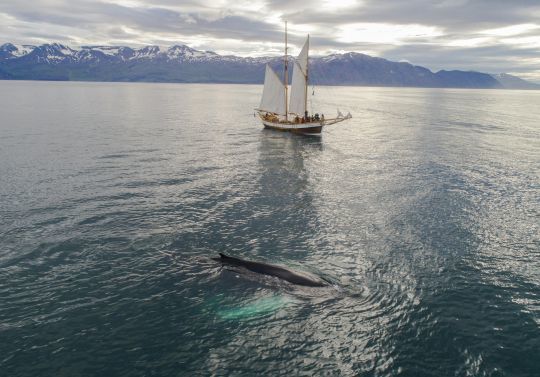
Sailing in harmony with cetaceans: a privilege and rules
Each species of cetacean âeuros dolphins, whales or orcas âeuros brings a unique experience. But they all share one thing in common: they are sensitive to human presence and behavior.
Some best practices for boaters:
- Keeping your distance respect a 100-meter zone for cetaceans in general, and up to 200 meters for orcas, which are more sensitive to disturbance.
- Observing without interfering never cut them off or encircle them. Orcas, for example, are highly social animals that can become curious if given enough space.
- Limiting noise pollution : Sailboats offer a more discreet and respectful approach than motorboats.
- Avoid intrusive behavior do not attempt to bait or feed cetaceans, to avoid disturbing their natural behavior.
These simple practices allow you to experience unique moments while preserving the safety and well-being of these animals.
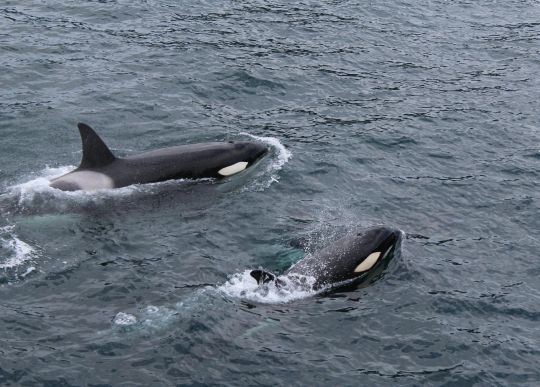
Orcas: fascination and misunderstanding
Among cetaceans, killer whales hold a special fascination. These "killer whales" with their penetrating gaze and complex social behavior are both fearsome and captivating.
In recent years, some sailors have reported unusual interactions with orcas, particularly off the Iberian Peninsula, where sailing boats have been targeted. Although these events remain rare, they are a reminder of the importance of better understanding these marine predators. Scientists believe that the orcas' behavior is defensive or playful, rather than aggressive.
Faced with an encounter with orcas :
- Stay on course and reduce speed.
- Switch off the engines if orcas interact with the boat.
- Avoid any panic or sudden action, which could exacerbate their curiosity.
These interactions remind us that the ocean is their territory, and that we are their guests.
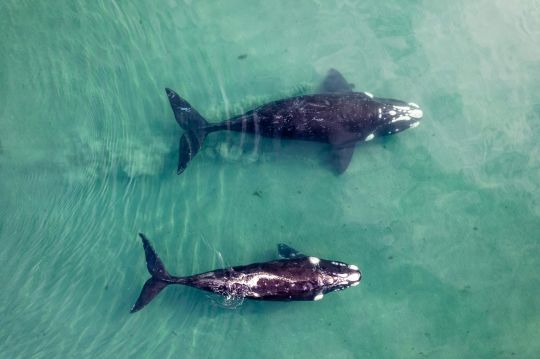
Where can you meet cetaceans on your cruises?
Some regions of the world are veritable sanctuaries for cetaceans:
- French Polynesia from July to November, humpback whales gather in calm waters to reproduce.
- Norway and Iceland orcas and whales hunt in the icy fjords, offering unforgettable spectacles.
- Atlantic, off Spain and Portugal a key area for observing migrating killer whales, but also a reminder of their sensitivity.
- Mediterranean the Pelagos sanctuary is one of the best places to see fin whales, dolphins and pilot whales.
Each encounter is an invitation to better understand these fascinating creatures and their fragile habitat.
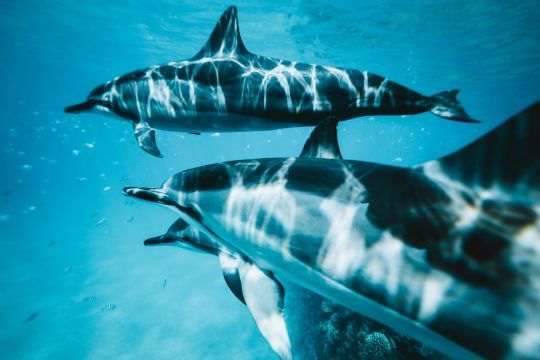
Threats and solutions: a shared responsibility
Despite their majesty, cetaceans are facing increasing threats. Pollution, ship strikes, global warming and fishing nets all threaten their survival.
However, solutions do exist, and every browser can take action:
- Reduce your ecological footprint these include reducing plastic waste, using biodegradable products on board and managing wastewater responsibly.
- Participate in local initiatives a number of participatory science programs enable cetacean sightings to be reported to researchers, thereby enriching databases.
- Supporting marine conservation organizations associations like ours are actively involved in protecting marine habitats. A donation or annual membership can have a direct impact.
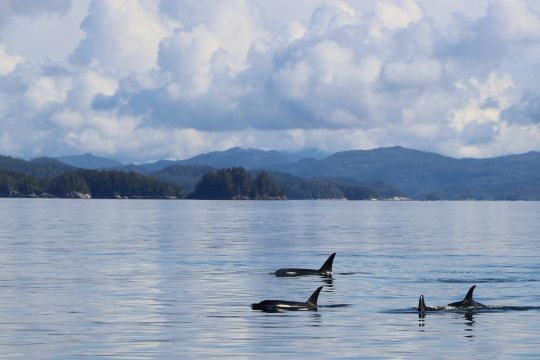
A symbolic but powerful commitment
Even a small gesture can make a difference: choose an observation book to record your encounters at sea, raise awareness among your friends and family, or take part in a beach clean-up campaign. Every action, however modest, contributes to a global movement.
Together, we can ensure that future generations continue to marvel at these fascinating creatures. What if every sailor also became a guardian of the ocean?
Between dream and responsibility
Sailing alongside cetaceans is a rare privilege, a reminder of the beauty and fragility of the oceans. These marine giants, whether playful like dolphins, majestic like whales or mysterious like orcas, teach us about harmony with nature.
In the words of Jacques-Yves Cousteau: " Men protect what they love. "
It's by continuing to marvel at these encounters that we'll find the strength to act, so that tomorrow, our children too can meet the gaze of cetaceans.
